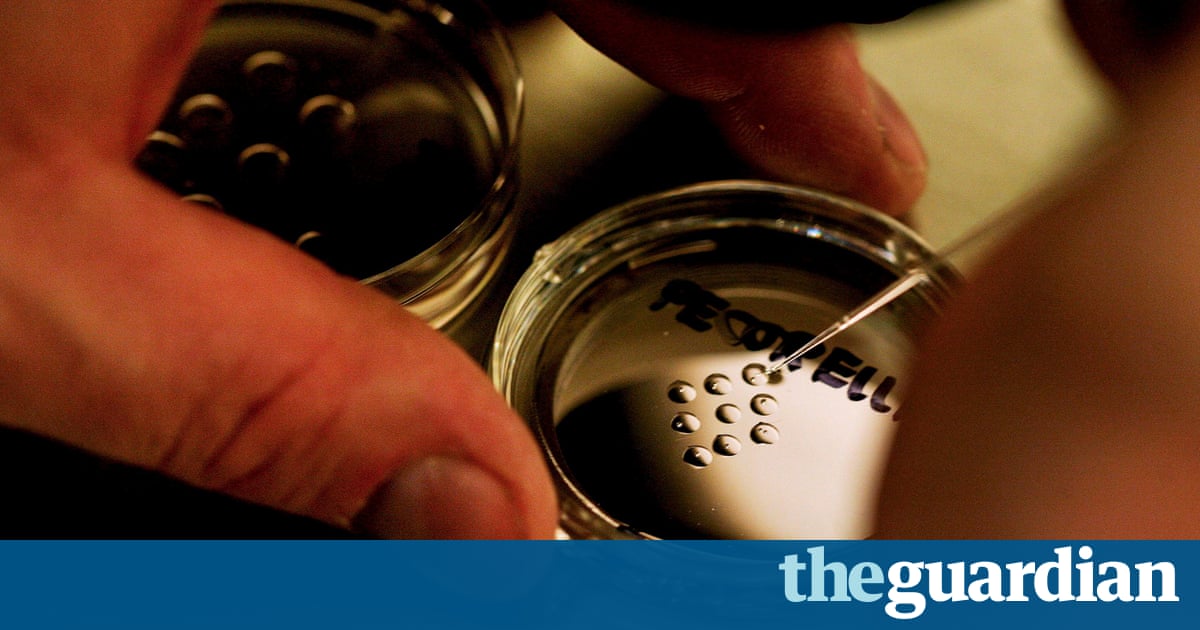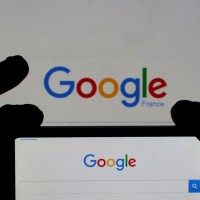Mark Crumpacker is one of 18 people indicted and charged in drug bust asMerrill Lynch associate and Fox producer were also named as repeat buyers

One of Chipotles top four executives was placed on administrative leave on Thursday after being linked to a cocaine delivery service bust in New York.
Mark Crumpacker, Chipotles chief creative and development officer, was indicted earlier this year for allegedly making six drug purchases between January and May.
He is one of 18 key repeat buyers who were indicted and charged in the drug-ring bust. Among those indicted were Christopher Dodson, a client associate at Merrill Lynch, and Katie Welnhofer, a Fox Business producer who works on Mornings with Maria. Merrill Lynch declined to comment.
At the moment, we know very little about these charges. Due to the nature of the situation, Mark has been placed on administrative leave, Chris Arnold, a spokesman for Chipotle, said in an email. We made this decision in order to remain focused on the operation of our business, and to allow Mark to focus on these personal matters. Marks responsibilities have been assigned to other senior managers in his absence.
The company would not comment on whether this incident is likely to affect its sales and reputation. Chipotle is scheduled to report second-quarter results on 21 July.
The companys sales fell 30% in the first quarter of 2016, its first-ever loss as a public company. The company struggled to maintain its popularity with customers after an E coli outbreak and norovirus cases scared off customers at the end of October 2015.
In an attempt to lure back customers, Chipotle said it has given away more than 6m free burritos and 1m free orders of chips and guacamole. In April, the company also said it planned to add new items to its menu. On Wednesday, before Crumpacker was indicted, the company announced that spicy chicken and pork chorizo were to be added to menus in select cities including New York City and San Diego, California.
That same day, Crumpacker helped unveil a new loyalty program called Chiptopia Summer rewards, according to Bloomberg. The three-month long rewards program launches on Friday. Crumpacker, who joined Chipotle in 2009, was one of the executives leading the marketing efforts to restore the companys image.
Also charged were the three men allegedly operating the cocaine delivery service: Kenny Hernandez, 35, Felix Nunez, 27, and Oscar Almonte, 29. They allegedly sold $75,000 worth of cocaine over the course of a year.
This narcotics operation was organized and discreet, but it could not withstand the precision of this long-term investigation, the New York police commissioner Bill Bratton said on Thursday.
According to the district attorneys office, members of the ring allegedly used car services to deliver the drugs to buyers, including to delis, restaurants, bars, apartments, hotels, and the buyers workplaces. Buyers generally paid $200 to $300 per transaction.








